Gdańsk, a city rich in history and resilience, played an unexpected yet pivotal role in shaping Poland’s rock ‘n’ roll scene. The 1950s and ‘60s saw rebellious rhythms echo through underground clubs and student gatherings, challenging the constraints of a communist regime. As Western influences trickled through the Iron Curtain, local musicians adapted rock’s raw energy to their own experiences, creating a unique and powerful movement.
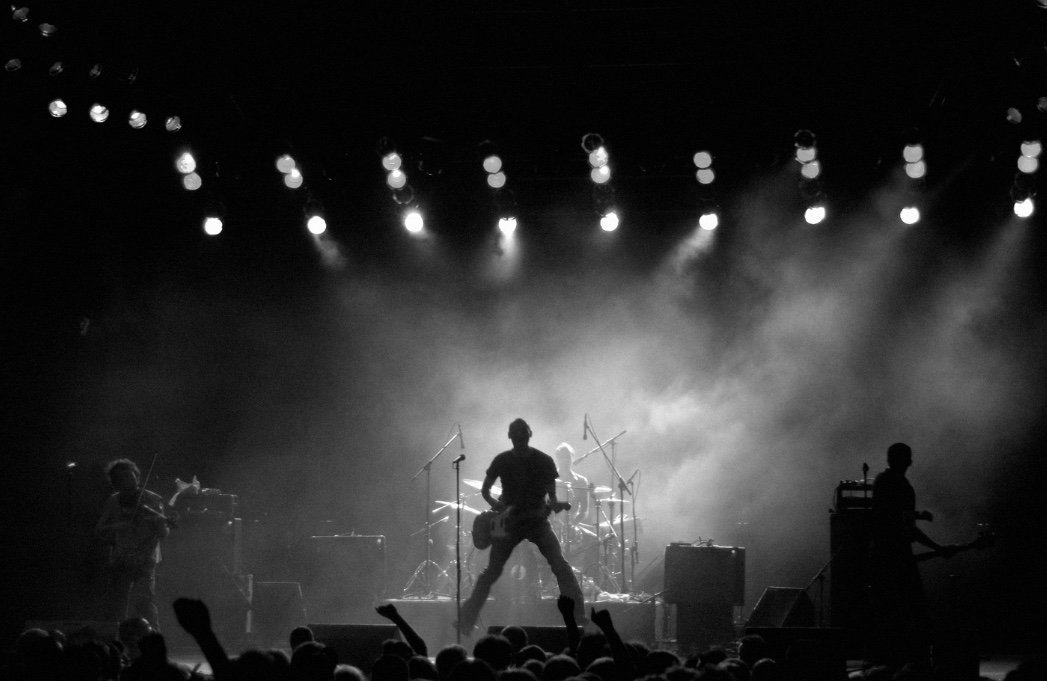
Why Gdańsk and not Warsaw or Kraków? Well, simple geography! Gdańsk is a port city, rich in trade, cosmopolitan, and always ahead of the pack when it comes to discovering new sights, sounds, tastes, and radical ideas. Amongst the many curiosities being brought in from beyond the Iron Curtain, sailors and maritime personnel always had newly-released vinyls and music publications to flog when they came into port. It's no wonder that local musicians already had a headstart when it came to the new sounds of 1950s America (and later the '60s British Invasion).
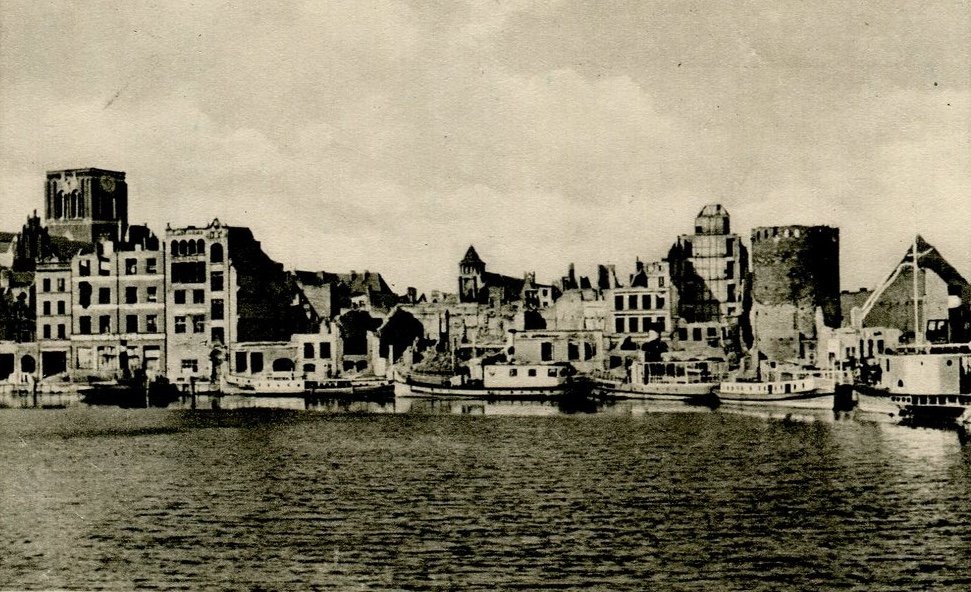
Musical talent, however, can easily go unnoticed without someone with influence who can bring it to the big stage and make it all happen. In this story, that individual is Franciszek Walicki (1920 - 2015), who ended up in the Tri-city as the result of naval service and later found his talents as a journalist. Music became his speciality, and it is from here that he became instrumental in fostering local talent in the vein of the latest sonic and cultural phenomenon - rock n' roll! The first of many forays was Rhythm and Blues, put together in 1958 by musicians based in Gdynia. It is disputed that Walicki had been inspired by the sound of Krzysztof Komeda's modern-jazz band at the second jazz festival in Sopot in 1957, who performed "already fully-blown Rock n' Roll" as music historian Stanisław Danielewicz described it.
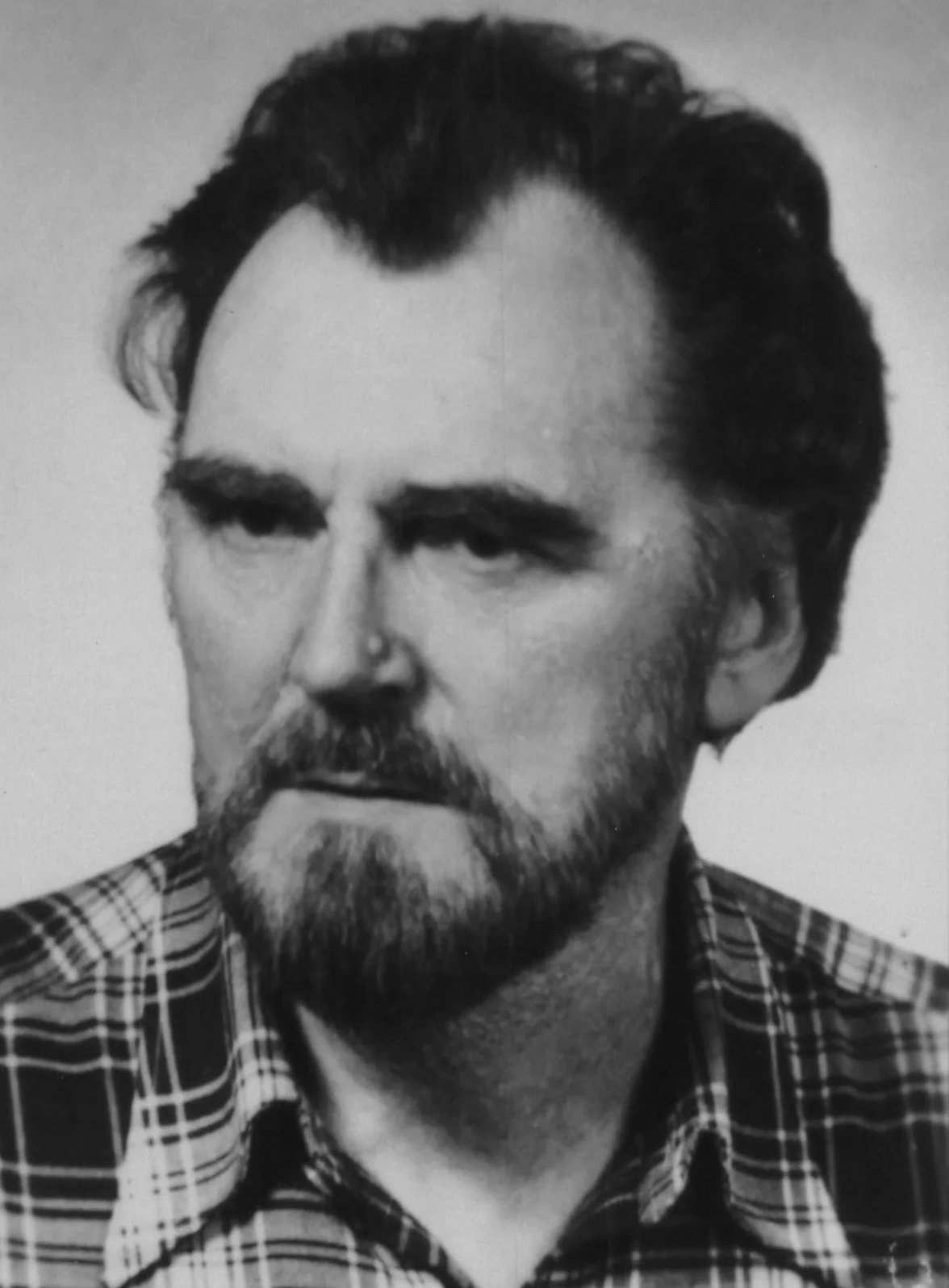
Whether true or not, Walicki and Rhythm and Blues were about to make their mark. After a couple of warm-up gigs around Gdynia, before they took to the big stage - Rudy Kot, 'cultural centre' at ul. Garncarska 18/20 in Gdańsk Old Town, which had begun specialising in youth music and even hosted the Szkoła Grafomanów (Gramophone School) for vinyl enthusiasts. Rhythm and Blues performed here on March 24, 1959, with a set list of covers of Bill Hayley and Elvis Presley among others. Whether the crowd were conscious of the fact or not, Rhythm and Blues' 1959 performance at Rudy Kot in Gdańsk is considered by many to be the birth of modern rock music in Poland.
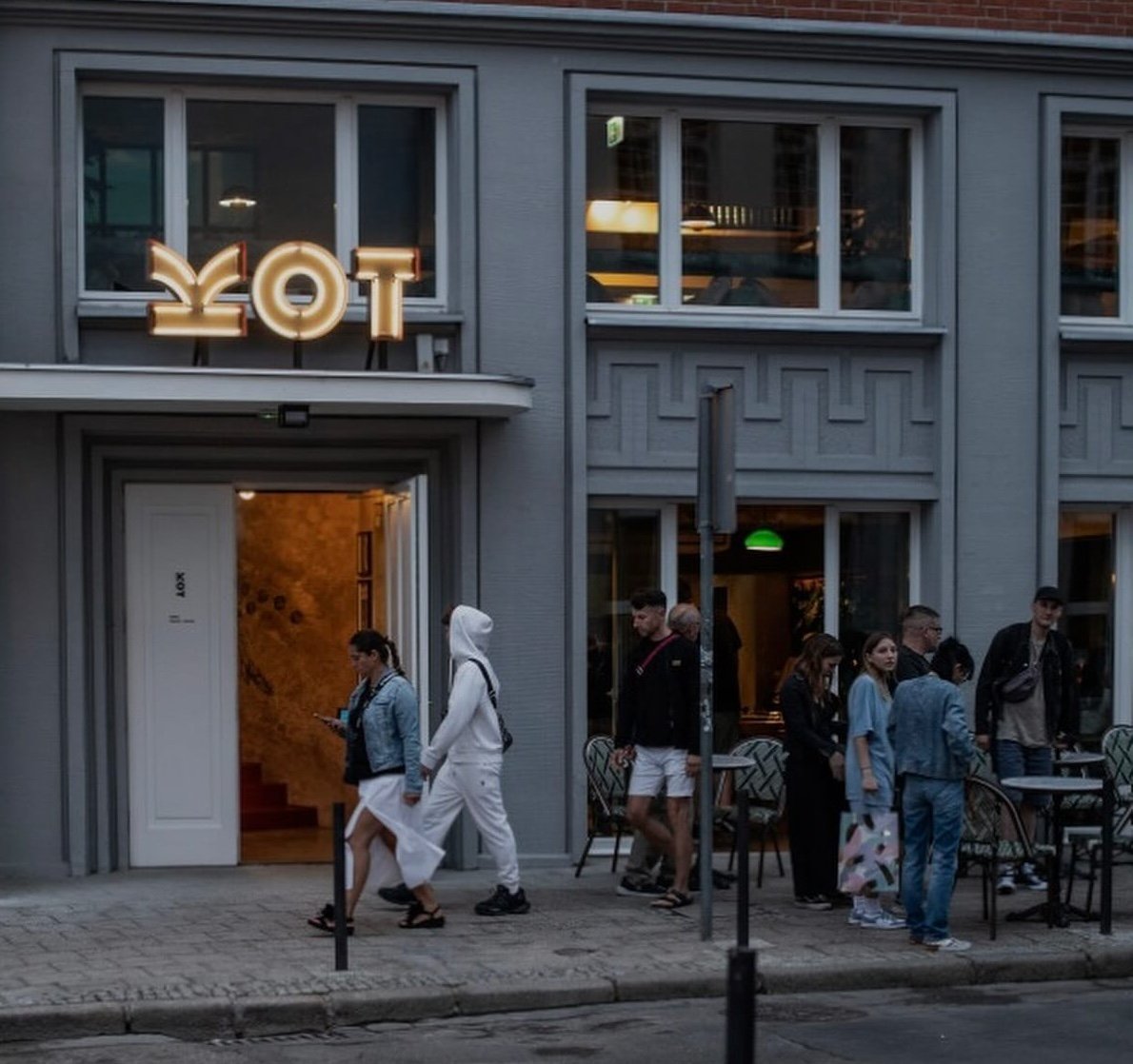
Later that spring, Rhythm and Blues went on to win the National Competition of Entertainment and Jazz Bands in Warsaw, which gave us some of the only footage of them performing in their short career (see below). Things seemed to be going well for the group, until Edward Gierek (then the regional representative of the Communist party in Silesia) had Rhythm and Blues blacklisted, making it nearly impossible for them to continue performing. After a run of just 37 shows, the group disbanded in 1960. With the party now familiar with the degenerate western buzz word 'rock n roll', the term 'big beat' (also known as 'big bit' in Poland) would become an accepted alternative for many artists in Central and Eastern Europe.
For Franciszek Walicki, however, the rock n' roll revolution had only just begun. His next project was the even more influential Czerwono-Czarni (Red-Blacks), formed in July 1960, and naming themselves in honour of the Jazz Club in Gdańsk. They go on to record the first rock n' roll album in Poland, support The Rolling Stones at their landmark 1967 performance in Warsaw. Walicki was also involved in cultivating Czerwony Gitary, a fledgling rock group from Gdańsk Wrzeszcz, who would go on to become one of Poland's biggest acts.
Gdańsk's music scene would continue to grow into the 1980s, with competing small concert venues making it an even more viable centre for up-and-coming artists. The rebellious fervour of the internationally-recognised Solidarity movement, which sprung to life in the city's shipyards, was more fuel on the fire. Local punk bands like the short-lived Deadlock (1979-1983) proved to be massively influential and even managed to release a full-length album on a Western European label. Up the coast from Gdynia, Władysławowo band Nocne Szczury (Night Rats) even managed to score a spot at the first-ever Jarocin Festival in 1980.
Local punk also embraced further experimentation with Apteka, formed in Gdynia in 1983, who regularly delved into noise and psychedelia, and slotting in nicely to the alternative rock boom of the following decade.
The multi-talented Tymon Tymański, born in 1968 and raised in a teachers' housing estate in Wrzeszcz, would go on to become the forerunner of a uniquely northern-Polish style of music - yass, an experimental mix of jazz, punk rock, folk, and a tonne of experimentation. Tymański and his colleagues Jerzy Mazzoll and Tomasz Gwinciński are credited with coining the term, to differentiate themselves from the institutionalised approach to jazz, which they were desperate to break away from. They found a home for it in Bydgoszcz, specifically at Mózg music club, which remains a yass mecca till this day.
The democratic transition of 1989 brought with it an economic slump as Poland transitioned into a free-market economy in the '90s. In the midst of disillusionment, a heavier sound out of working-class Nowy Port district with Illusion, often regarded as the Polish Pantera. In Gdańsk Żabianka, a musician Adam "Nergal" Darski had discovered Norwegian black metal from across the Baltic, and his band Behemoth would steadily grow into an extreme metal titan and Poland's most successful musical export.
The alt-rock influence of bands coming out stateside also had some zany results in Poland. Blenders, formed in the Tri-city area in 1991, an early domestic proponent of the rap/rock crossover fronted by 3 energetic singer/emcees. Their 1995 album 'Kaszëbë' was a tip of the hat to the nearby Kashubian community, and the later hit Czarny Ciagnik (Black Tractor) remains an anthem of Polish carefree youth.
In the 21st century, Gdańsk remains a crucial hub for rock and alternative music in Poland, with the Tri-city now the home of two of Poland's biggest live music festivals. Open'er Festival, first held in downtown Gdynia in 2003, has since become Poland's biggest alternative music festivals, pulling a hefty 100,000+ crowd annually. Every summer, the post-industrial edge of the Gdańsk shipyards hosts Mystic Festival, a metal festival that bills the most prominent heavyweights from Poland and abroad. On a much smaller scale is the Fląder Festival in seaside Brzeźno, billing hundreds of independent artists, charges no entry, and never repeats any artists! As the city moves forward, its rich musical heritage continues to inspire new generations, ensuring that the echoes of rock ‘n’ roll will never fade from its streets.
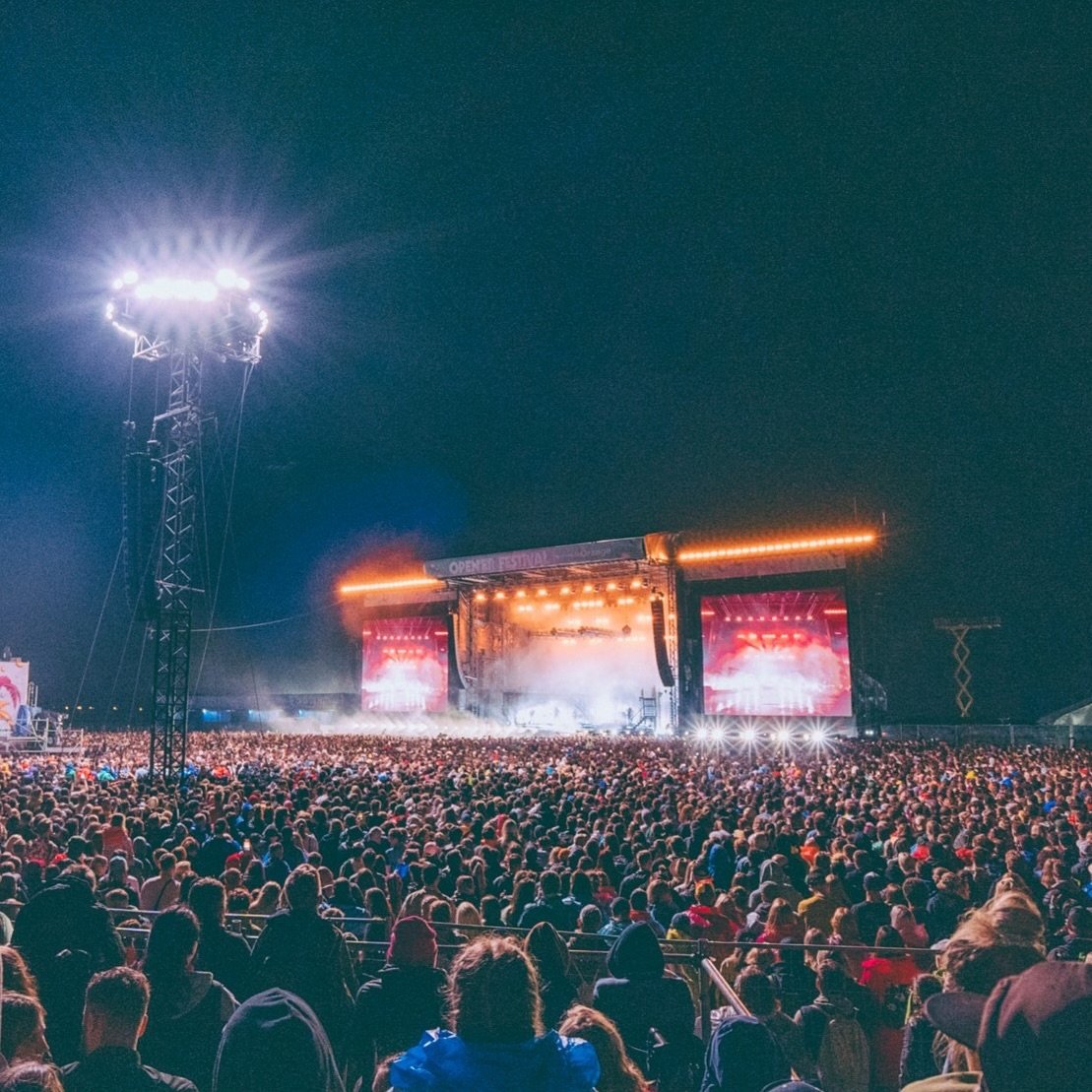


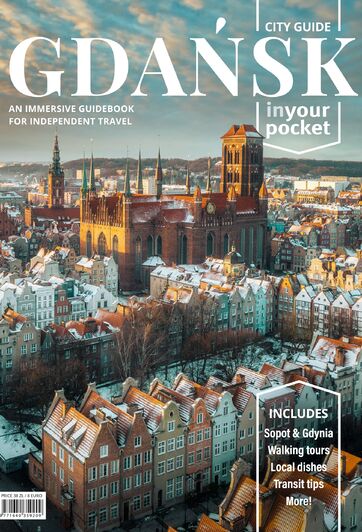
Comments